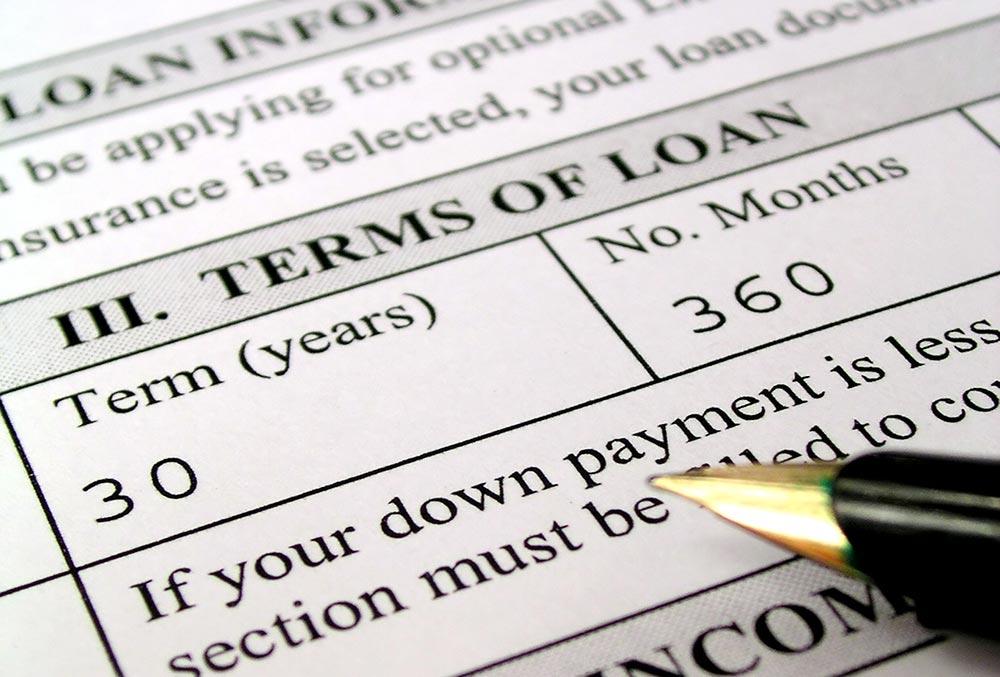
September sees increase in second charge lending
November 10, 2019 by Brendan O'Neill
Property Market
New figures released by the Finance and Leasing Association (FLA) reveal that September saw an increase in the volume of second charge mortgage lending, in comparison with the same time last year.
These figures show that there was a 20% rise in the number of second charge mortgages signed off throughout September this year compared to September 2018. According to the FLA report, during the course of the month, a total of 2,355 mortgages were agreed by lenders, with this taking the total for the whole of 2019 to 27,092.
There has also been a rise of 18% in the value of these loans, which means that by September 2019, they were worth £105 million and the total mortgage lending annually had hit £1.2 billion.
Speaking to Mortgage Strategy UK, Fiona Hoyle from the FLA pointed out that this was a further sizeable growth for this part of the mortgage sector, and that the amount of second charge mortgage loans agreed in 2019 represented the highest number in the last 10 years.
She went on to add that it showed the popularity of second charge mortgages among the general public, but that it was also important to remember that the mortgage market for new businesses was still struggling to reach the levels it was at before the financial crisis.
Second charge mortgages are usually covered in CeMAP Courses throughout the north west, so that fully qualified mortgage advisors can offer the best guidance to their clients.
Written by
Brendan O'Neill
You may also interested in:

RICS forecasts property market recovery
The Royal Institute of Chartered Surveyors (RICS) is forecasting a recovery for the UK property market this year, based on
Remortgaging expected to overtake purchase loans in Q1
Mortgage industry observers are expecting remortgaging business to overtake purchase loans during the first quarter of